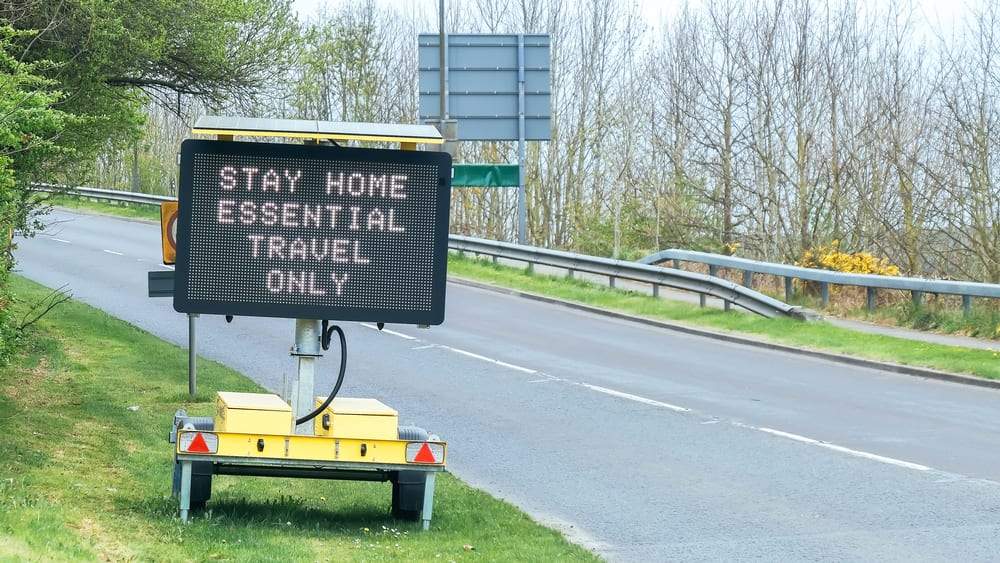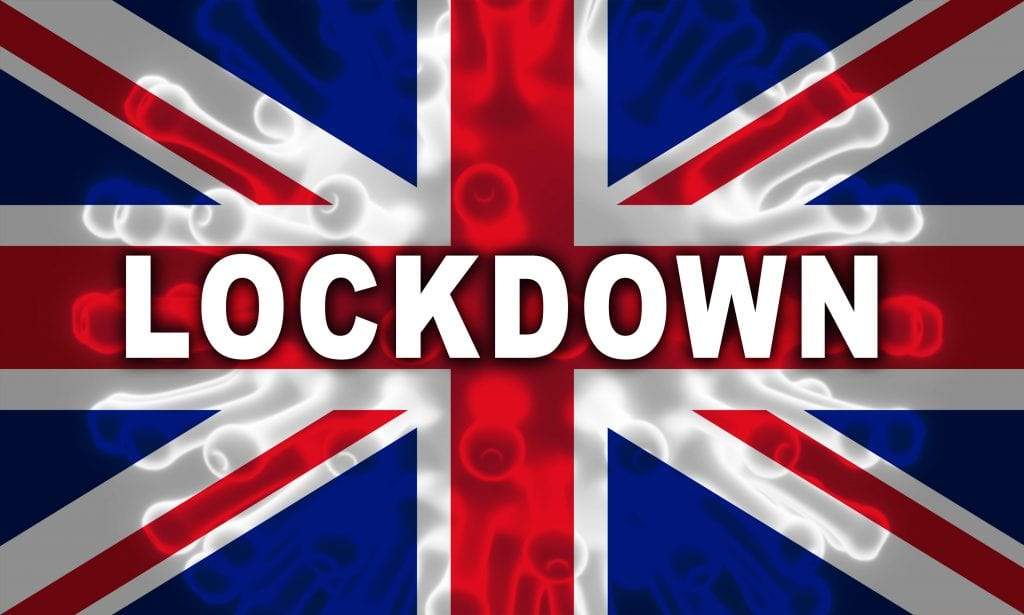Following today’s announcements by the UK Government and Scottish Administration, we consider the workplace issues in connection with the increased COVID-19 restrictions, including the impact on non-essential offices.


What About Non-Essential Offices?
In short, a move to stricter Level 4++ restrictions should NOT impose any new restrictions that prevent non-essential offices from continuing to operate as they have been or prohibit those staff that have been attending work from commuting to work.
The default position from the Scottish administration has always remained that non-essential offices should remain closed and that staff should work from home where possible, but there is nothing in the legislation (original or recent) that requires non-essential offices and/or manufactures to close OR which restricts the movement of people either within or between different tier areas in the same way that Part 3, Regulation 5 of the now revoked Health Protection (Coronavirus) (Restrictions) (Scotland) Regulations 2020 set out the restrictions on movement which, in the early phases of lockdown, meant people could not leave their homes unless they were a key worker, an essential worker or otherwise had a valid reason to.
However, Schedule 5 of the latest legislation, which sets out in detail the Level 4 restrictions lists which types of businesses are required to shut, makes no reference whatsoever to non-essential offices, therefore, provided you have undertaken the appropriate H&S risk assessment and introduced all necessary controls and measures to protect your staff, there is no requirement to shut non-essential offices.
What Issues Might Employers Face if Level 4 Restrictions Are Imposed?
Many of the issues facing employers as they stare down the barrel of further lockdown restrictions will be similar to those they faced when the impact of the COVID-19 pandemic started to impact on peoples’ lives and work back in March this year.
The immediate issue for employers of business workplaces that are not being specifically required to close is whether they should close voluntarily, in full or in part. The fact that the Furlough scheme has been extended to the end of March 2021 means this is a viable option and one that would enable them to retain staff for however long the stricter lockdown restrictions remain in place.
We set out the key features of the extended furlough scheme here: The Extended CJRS (furlough scheme)
However, if closing the workplace isn’t an option, other issues employers may face include the following:
- Staff either being or living with a “clinically extremely vulnerable’ or ‘clinically vulnerable’ person.
- Childcare issues and staff claiming they can’t return to work because schools are closed.
- Staff simply being extremely anxious about the risk posed by COVID-19 and frightened of a return to the office.
- Staff expressing concerns relating to health & safety and what they perceive to be the employer’s failure to follow government guidance.
The appropriate approach employers should take will depend on the specific reasons set out by each employee, but employers will need to proceed with caution to avoid the risk of possible claims at the Employment Tribunal.
 Advice on Settlement Agreements
Advice on Settlement Agreements Employment Tribunal Representation
Employment Tribunal Representation




